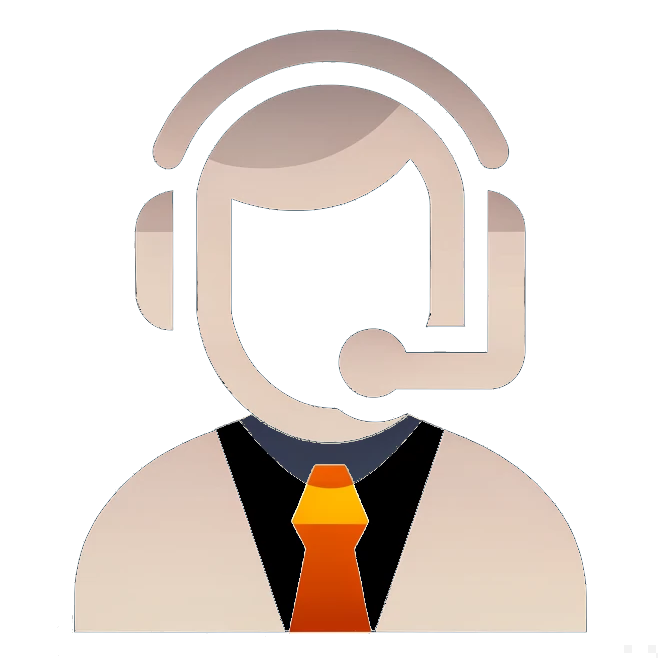Artificial Intelligence (AI) has rapidly transformed various industries, and now it is making its way into the world of interviews. With advancements in technology, companies are exploring the use of AI to streamline and enhance the interview process. This blog post will explore how AI is being used in interviews, its benefits, and potential challenges.
Automated Screening
One of the ways AI is being utilized in interviews is through automated screening. Traditional screening processes can be time-consuming and subjective. AI-powered tools can analyze resumes and applications, identify relevant skills and qualifications, and shortlist candidates based on predetermined criteria. This not only saves time but also ensures a fair and unbiased evaluation of candidates.
Virtual Interviews
AI is also revolutionizing the way interviews are conducted by enabling virtual interviews. Virtual interview platforms powered by AI can conduct interviews remotely, eliminating the need for physical presence. These platforms can use natural language processing to analyze verbal and non-verbal cues, assess candidate responses, and provide real-time feedback to both the candidate and the interviewer. This allows for a more efficient and convenient interview process.
Assessing Soft Skills
Soft skills play a crucial role in determining a candidate’s suitability for a position. AI can assist in assessing soft skills through video-based interviews. By analyzing facial expressions, tone of voice, and body language, AI algorithms can provide insights into a candidate’s communication skills, emotional intelligence, and other essential soft skills. This enables recruiters to make more informed decisions and identify candidates who are the best fit for the company culture.
Eliminating Bias
Unconscious bias is a significant challenge in the hiring process. AI-powered interview tools can help mitigate bias by focusing on objective data and eliminating subjective judgments. These tools can anonymize candidate information, remove identifying factors such as gender or ethnicity, and evaluate candidates solely based on their qualifications and skills. By removing bias, companies can ensure a fair and inclusive interview process.
Improving Efficiency and Accuracy
AI-powered interview tools can significantly improve the efficiency and accuracy of the interview process. These tools can automate administrative tasks, such as scheduling interviews and sending reminders, allowing recruiters to focus on more strategic aspects of the hiring process. Additionally, AI algorithms can analyze large amounts of data and provide valuable insights, enabling recruiters to make data-driven decisions and identify top talent more effectively.
Challenges and Ethical Considerations
While AI brings numerous benefits to the interview process, there are also challenges and ethical considerations to address. AI algorithms must be continuously monitored and refined to ensure they are unbiased and fair. Additionally, there is a need for transparency and clear communication with candidates about the use of AI in the interview process. Companies must also be cautious about the potential for AI to perpetuate existing biases if not properly designed and implemented.
In conclusion, AI is transforming the world of interviews by automating screening processes, enabling virtual interviews, assessing soft skills, eliminating bias, and improving efficiency and accuracy. While there are challenges and ethical considerations, the potential benefits of AI in interviews are significant. As technology continues to advance, it is essential for companies to embrace AI responsibly and ensure a fair and inclusive interview process.

